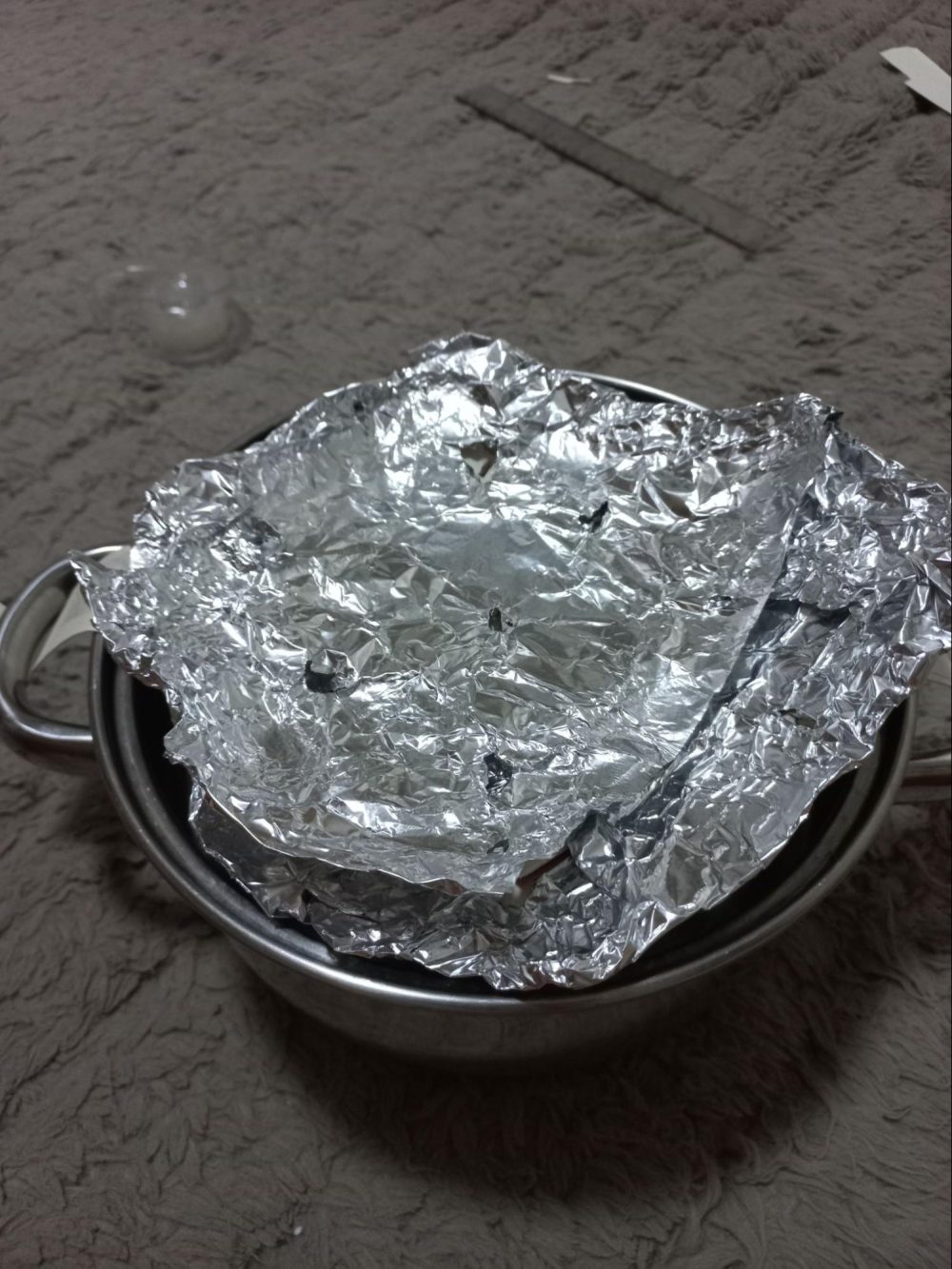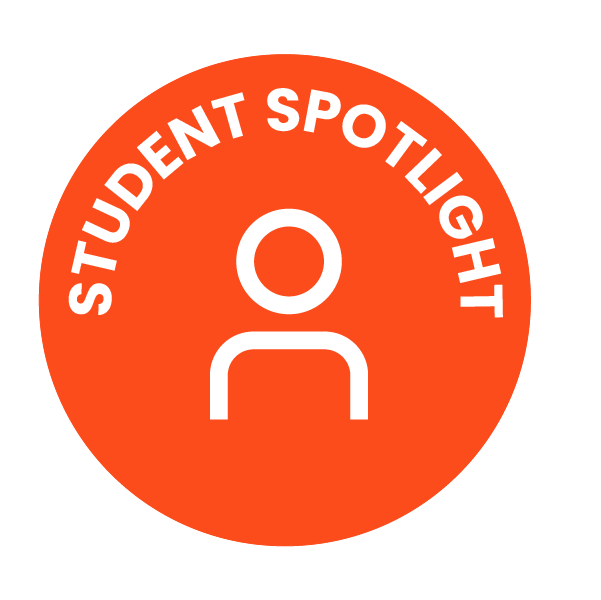The Importance of Unique Assignments in Classrooms and Courses
In my grade 9 math class, we played a game in which we earned points by answering math questions. We could use the points in the game to buy power-ups and money. At set intervals, we would see who had the most in-game dollars, and they would be the winner. This was such a great game, as I was learning and having fun. It made me feel confident in my Math skills and happy to be in class. Although some of the questions were difficult, and I had to take time to figure them out, I was still able to retain my interest, have fun, and learn more. It was an opportunity to make mistakes and have a great time. If you’re wondering, it’s a game called Gimkit. Super fun. You should try it. They have a bunch of different game modes as well.
Did you know that a lab report done by seven doctors in the National Library of Medicine concluded that leisurely or fun activities improve students' psychological and physical well-being? Using this information, it should be easy to conclude that students would benefit more from fun activities that keep their attention rather than hour-long lectures. I started to notice the element of fun and choice in the first GOA course, which was different from the courses I had done before at school.
Global Online Academy was offered to me first as a summer course between 9th and 10th grade, which made me instantly fall in love with the courses, making me want to do two semesters this year. I have seen similar methods used for the two courses I have already done/am doing now, CSI: Computational Thinking and Problem Solving with Engineering and Design.
Both courses have module-based weeks with schedules to keep you on track, but what I loved the most was the freedom. For many of the assignments, I had choices of what I wanted to learn about or focus on; I got to pick topics that interested me more and got to discuss the things I had learned with peers. It kept me both engaged and curious, interested to learn more. This system created more interest for me in the subjects I was learning instead of making me feel uninterested, bored, or stressed.
One unique example of this is something I am doing right now in my Problem Solving with Engineering and Design course. In groups of three, we get to choose between three different users of household items with different challenges or experiences. We then get to choose whatever household item we want and then create a prototype based on the challenges of one of the users. As you can see below, my group decided to prototype a colander. We decided to use this household item as it is not an item one would normally think to modify (most people did things like cutting boards or knives), so doing something more out of our comfort zone was interesting. We decided to make the prototype using aluminum foil and cardboard as they are easily malleable, expensive, and easy to get. The challenge we were assigned was to design it for someone who cannot use their dominant hand because their arm is broken. We added aluminum and cardboard hooks on the colander that could connect to a pot so that when someone only had one arm to use, they didn’t need to use both hands to hold the colander, rather just tipping over the pot for the water to spill out.

Photo taken of aluminum foil colander project. Photographer: Dylan W.
This assignment and many others interested me because I could pick and choose what I wanted to do, and it didn’t feel like I could only do what the teacher wanted me to do; I could instead do what I wanted to do. It gave me freedom.
For the teachers who may be reading this, there are many things you can do to make your lessons more engaging. First of all, I implore you to ask your students first. Ask what they would want in a curriculum. What are their favorite activities in class? Share some of your ideas and give feedback. Remember that if something worked for you for so long, that doesn’t automatically mean it works for all your students; teachers forget that.
Moreover, being kind and open makes the environment in your classroom more positive and makes students feel more comfortable sharing feedback and talking honestly to you. This needs to be in every classroom as you, as a teacher, would never know if something you are doing is more harmful to students than helpful when learning.
In a survey conducted by EdWeek, almost 40% of surveyed students said they wanted mental health help associated with school but never got any help. We can see that students have been stressed and anxious at school and are not having a good time. This can come from high expectations and stressful situations like tests or a scary and unenjoyable class environment.
I implore you teachers to create enjoyable classroom activities for everyone so that you can create an environment in which students are excited to learn and can get away from their stress, even for a little while. Students are majorly affected by mental health issues, and activities that are fun and engaging can really help create a memorable class.
Please take this feedback and apply it to your classes. A little goes a long way, trust me. Even just small things like these will make students' lives at school even a little better. Thank you.
Dylan W. is a GOA Ambassador and Student at American International School of Johannesburg.
For more, see:
- What Online Learning Can Offer Students
- Student Spotlight: Thriving in Student-Led Learning
- Student Spotlight: From Fiction Writing to Microeconomics - A Student’s Journey with GOA Courses

This post is part of our Student Spotlight series, where we feature stories from students who take GOA courses. Are you a current or former GOA student who would like to contribute or be interviewed for a Student Spotlight article? Or, are you an educator who has a recommendation for a student for us to feature? Email us at hello@globalonlineacademy.org with the subject title “Student Spotlight.”
GOA serves students, teachers, and leaders and is comprised of member schools from around the world, including independent, international, charter, and public schools. Learn more about Becoming a Member. Our professional learning opportunities are open to any educator or school team. Follow us on LinkedIn and Twitter. To stay up to date on GOA learning opportunities, sign up for our newsletter.
